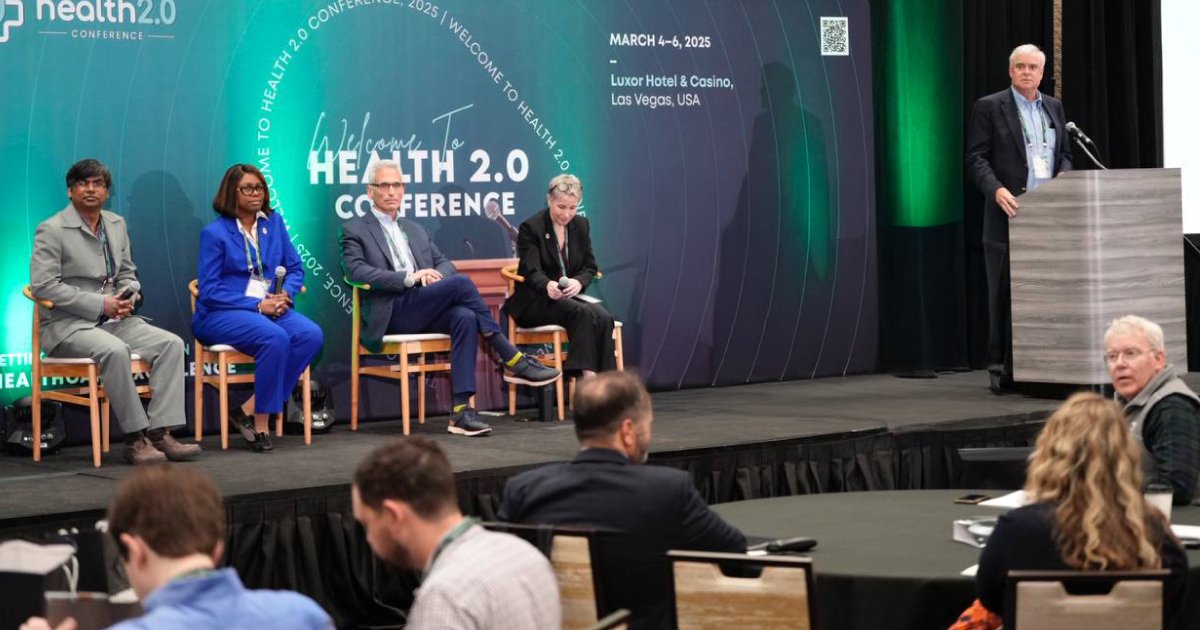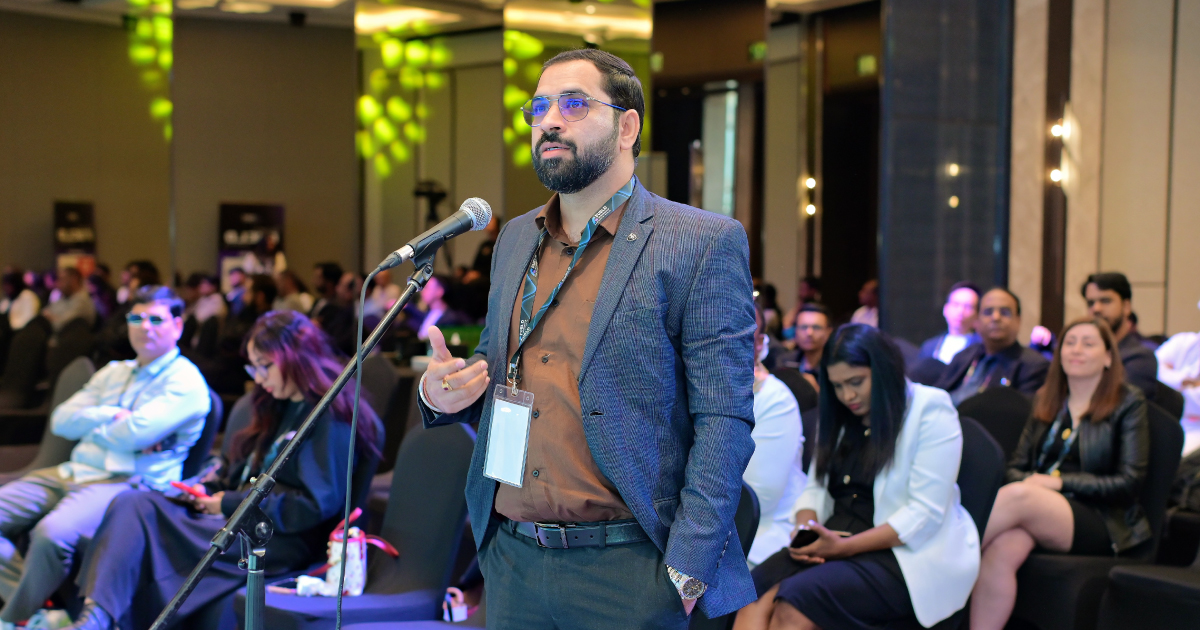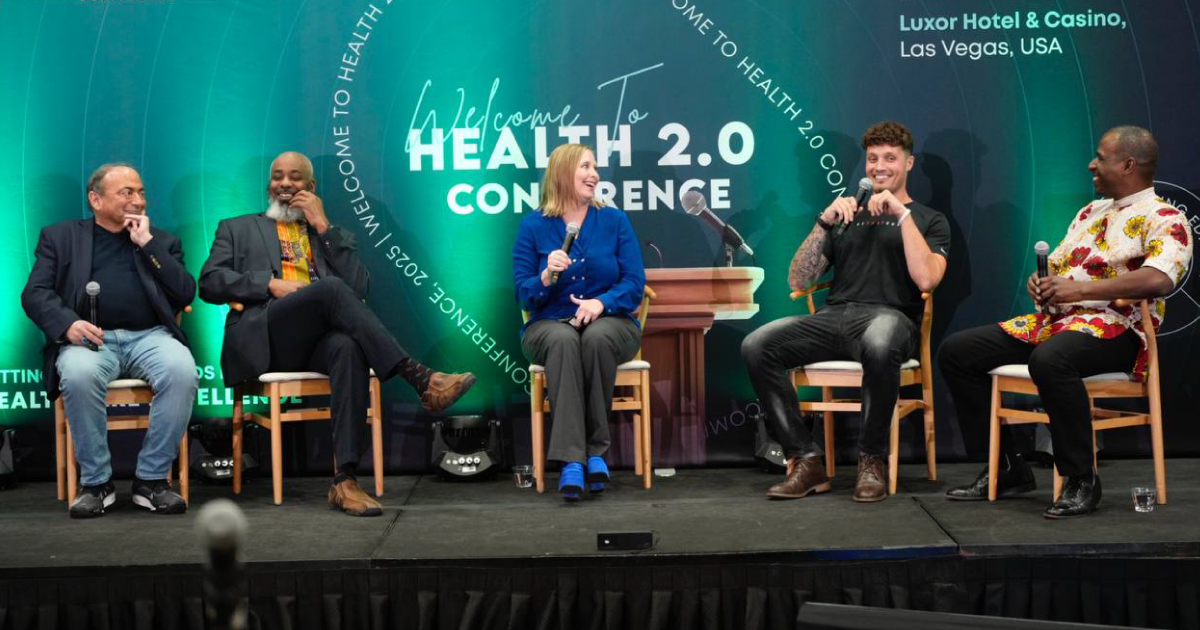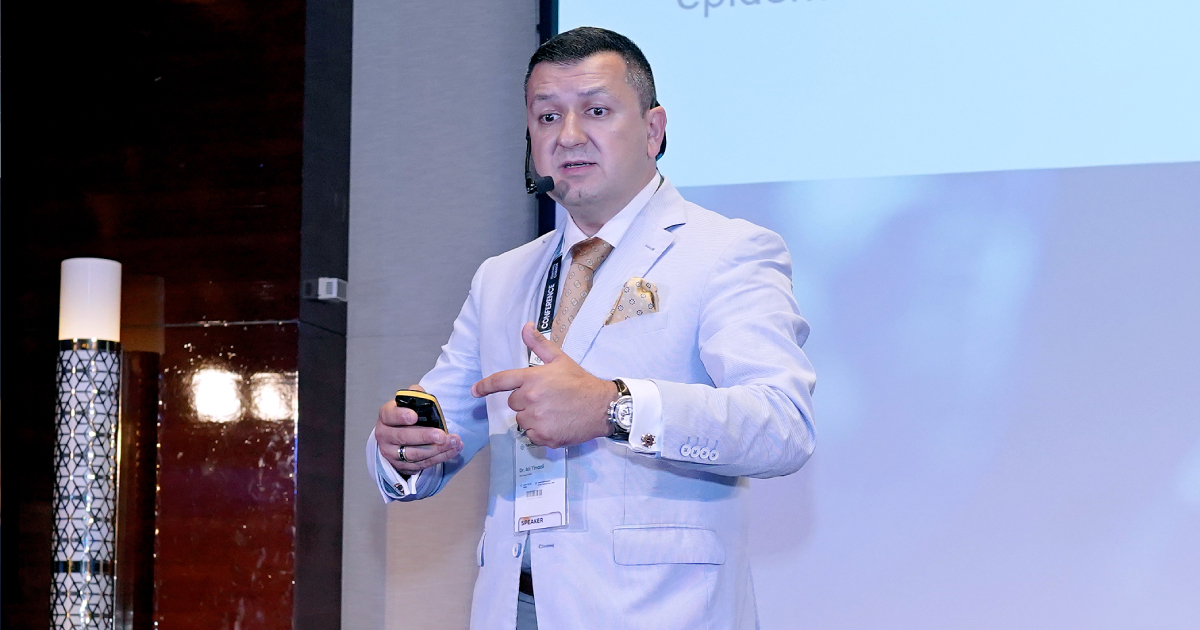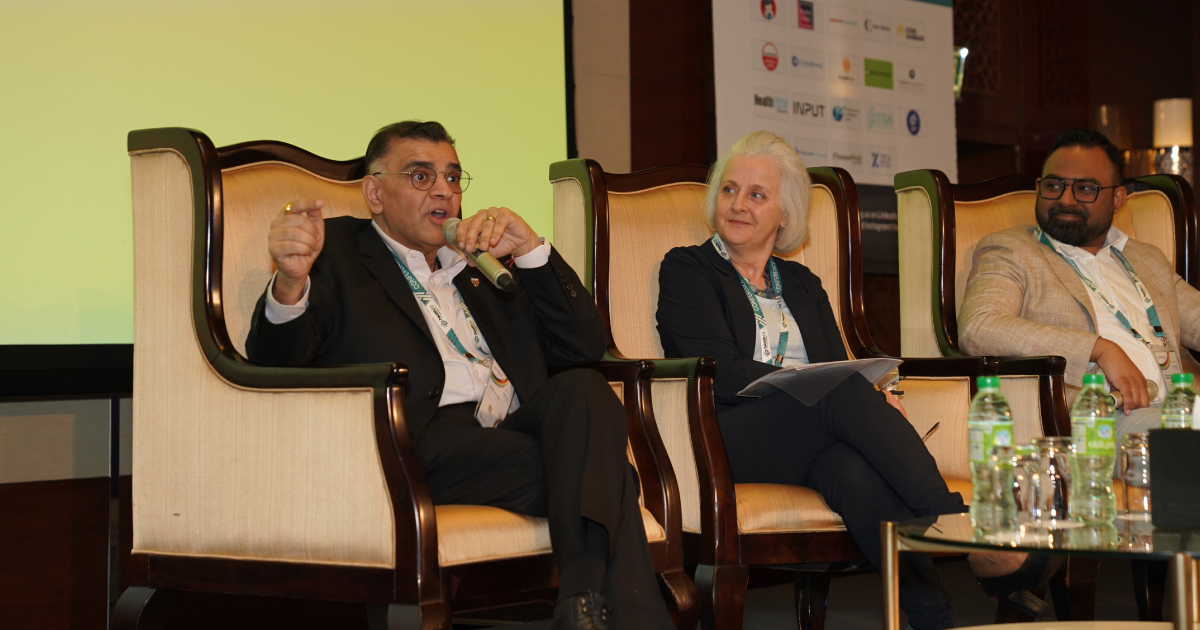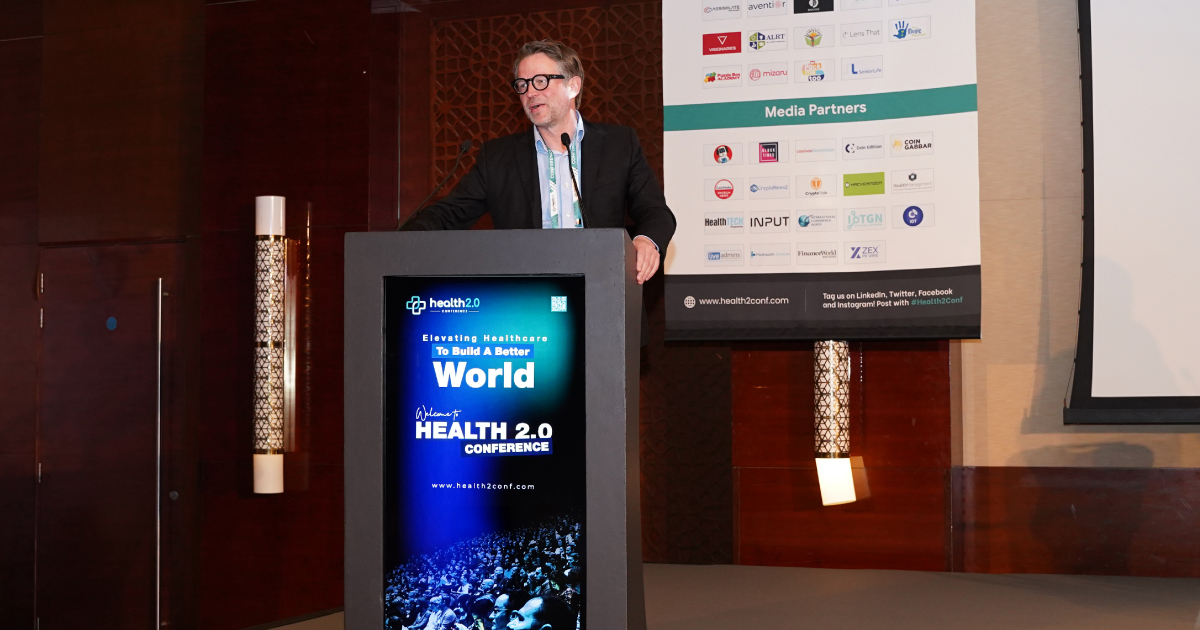Artificial intelligence is no longer on the horizon of health care innovation — it’s in hospital systems, research labs, clinics, and even home health tools. From early disease detection to operational efficiency, AI is steadily redefining how health care is delivered, accessed, and experienced.
At the Health 2.0 Conference, we’ve followed this evolution closely. As stakeholders from across the health ecosystem prepare to join us in Dubai and the USA, one topic keeps generating curiosity, breakthroughs, and debate at our health management conference: the promise AI holds for improving health care outcomes.
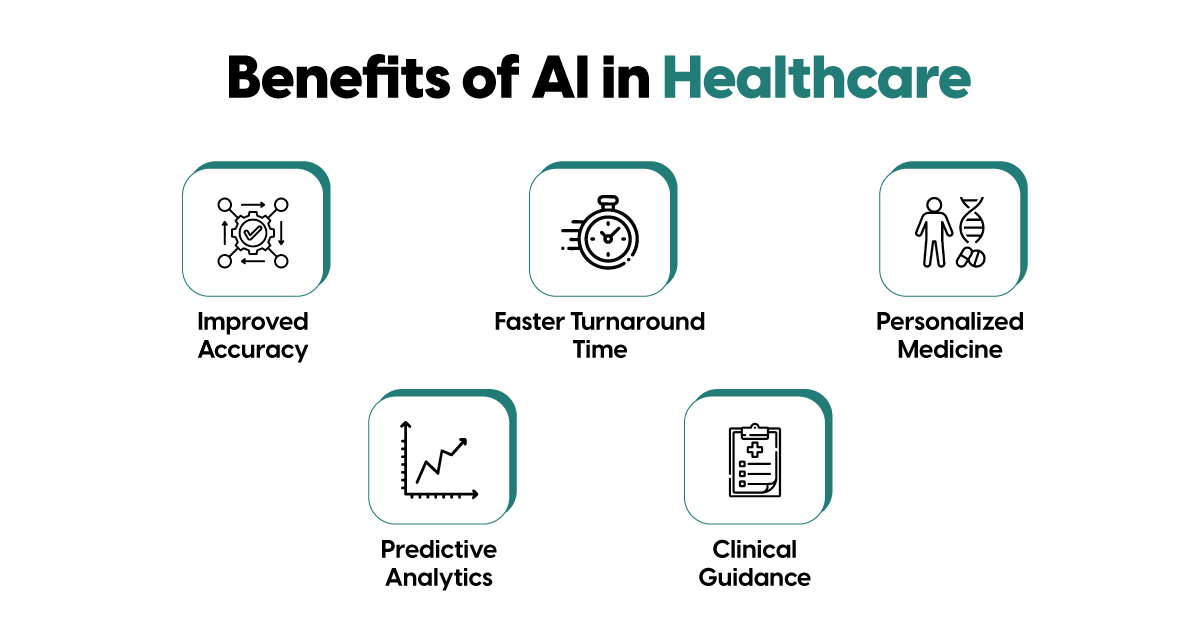
Source: Multiqos
Let’s explore what’s driving this momentum — and why it matters now more than ever.
Diagnostic Accuracy At Scale
One of AI’s most significant breakthroughs is in diagnostics. Machine learning algorithms can now detect conditions like skin cancer, diabetic retinopathy, and early-stage lung disease with a level of accuracy that rivals — and sometimes surpasses — experienced clinicians.
AI systems trained on thousands of radiological images are speeding up diagnoses and reducing error rates. For overburdened health systems, this means faster workflows, earlier interventions, and better patient outcomes.
But AI isn’t replacing doctors — it’s equipping them with better tools. At our upcoming health innovation summit, we’ll hear from physicians and healthcare leaders who are building hybrid diagnostic models that combine clinical expertise with algorithmic efficiency.
Personalized Treatment Plans
AI has enabled a significant shift toward precision medicine. By analyzing large volumes of patient data — from genomics and lifestyle to environmental factors — AI can help tailor treatments that are more effective for individual patients.
This is especially critical in fields like oncology, where every case is unique. AI-powered platforms can recommend the most promising treatment paths based on what has worked for similar genetic profiles, potentially improving success rates and minimizing unnecessary side effects.
Startups and researchers joining our healthcare management conference are showcasing how AI is being used not only to personalize treatments but also to predict which patients are at risk of complications long before symptoms arise.
Enhancing Health Care Access
One of the most promising impacts of AI is its ability to bridge access gaps. In underserved communities or remote regions where specialists are scarce, AI-driven diagnostic tools and chatbots can offer frontline support.
Language processing tools are being used to translate health information across languages, while AI-powered triage apps help patients assess symptoms and determine whether they need to seek care.
As health care leaders, we see these innovations as a chance to close long-standing equity gaps — a topic we’ll be addressing at both the Dubai and USA editions of our Health 2.0 Conference.
Tackling Administrative Overload
Behind every patient encounter is a flurry of administrative work — coding, billing, documentation, and insurance verification. AI is streamlining these processes through automation.
Natural language processing tools can transcribe and summarize patient visits in real-time. AI-driven billing systems can flag inconsistencies and prevent fraud. For hospitals and clinics, this means improved efficiency, reduced burnout, and more time spent on patient care.
At our upcoming health innovation summit, we’ll spotlight case studies from health systems that are integrating AI into their back-end processes — and seeing measurable gains in productivity and cost savings.
Drug Discovery & Research Acceleration
AI is also reshaping how we develop new treatments. By rapidly analyzing massive datasets, AI tools can identify potential drug candidates, simulate clinical trials, and even predict side effects before they’re observed in real-world use.
This has the potential to shave years off traditional drug development cycles — a breakthrough made especially clear during the COVID-19 pandemic, when AI helped fast-track vaccine research.
Attendees at our healthcare management conference will gain insight into how biotech companies and research institutions are embedding AI into every stage of discovery and validation.
Ethical Considerations & Responsible Innovation
Of course, with great potential comes great responsibility. Bias in data, lack of transparency in algorithms, and privacy concerns are real challenges that must be addressed as AI becomes more embedded in health care.
We’re bringing together ethicists, technologists, and policymakers to engage in honest conversations about regulation, accountability, and trust. Because innovation without integrity is not sustainable, especially in health care.
Join The Dialogue At Health 2.0 Conference
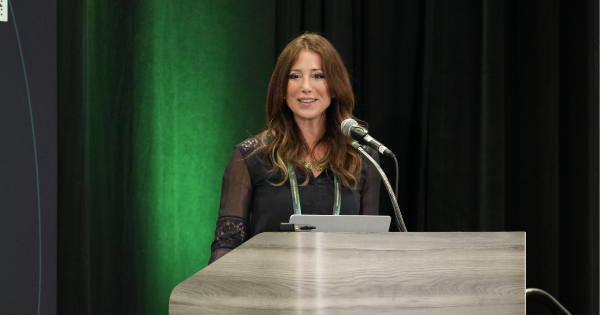
As we look to the future, the question isn’t whether AI will transform health care — it’s how well we’ll guide that transformation.
From diagnostics and treatment to administration and access, AI is already reshaping how we approach care. But its true impact will be defined by the decisions we make today — about ethics, equity, privacy, and transparency.
At the Health 2.0 Conference, we’re committed to bringing these conversations to the forefront. By gathering global stakeholders — clinicians, researchers, digital health startups, regulators, investors, and patients — we aim to promote dialogue that not only explores what’s possible with AI but ensures it serves all communities fairly and effectively.
We believe that the future of health care should be both intelligent and human-centered. And we can’t wait to explore what that looks like — with you — in Dubai and the USA at our upcoming health innovation summit.
FAQs
1. How is artificial intelligence currently being used in healthcare?
AI is already playing a role in various areas of healthcare, including diagnostic imaging, predictive analytics, personalized medicine, administrative automation, and drug discovery. From detecting early signs of diseases to optimizing hospital workflows, AI is making processes more efficient and care more precise.
2. What are some of the risks associated with using AI in healthcare?
While AI brings great promise, there are concerns around data privacy, algorithmic bias, and transparency. Without careful oversight, there’s a risk of reinforcing health disparities or misinterpreting data. Ensuring ethical AI development and deployment is crucial to mitigating these risks.
3. Who attends the Health 2.0 Conference, and what value does it offer to healthcare professionals?
The Health 2.0 Conference brings together a diverse mix of stakeholders—physicians, researchers, health tech innovators, policymakers, hospital administrators, investors, and startups. It’s a space to exchange groundbreaking ideas, explore the latest tech, and collaborate on real-world solutions to healthcare challenges.
4. Will the topic of artificial intelligence be covered at the Health 2.0 Conference?
Absolutely. AI and its role in healthcare are one of the central themes of the conference. Attendees can expect thought-provoking panels, product demos, expert talks, and networking opportunities focused on how intelligent technologies are revolutionizing care.
5. How can AI improve patient outcomes without replacing the human touch?
AI is best seen as an augmentation tool, not a replacement. It can process data at scale, identify patterns, and offer insights that inform clinical decisions. However, empathy, trust, and personal care remain uniquely human strengths. The most effective healthcare systems will combine both.



